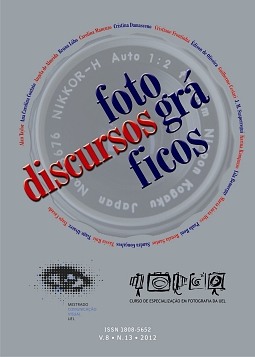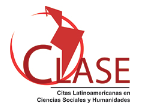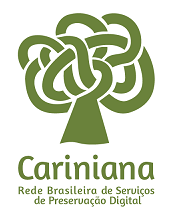Photojournalism and the military regime: photojournalistic coverage of controversial issues in two newspapers of Paraná (1968)
DOI:
https://doi.org/10.5433/1984-7939.2012v8n13p281Keywords:
Photojournalism, Gazeta do Povo, O Estado do Paraná, Military regime.Abstract
The knowledge that people have of reality is, usually, mediated by the facts divulgated in the "writing press" and radio-televised. In turn, the press photographer became a mediator between the events, the social demands of his time and of the journalistic company which is bound, by recreating narratives and materializing wishes and social projects in images. Aware ofthese conceptions, this research comprises as the production and diffusing photojournalistic in the Paraná was conducted on that refers to the controversial issues in 1968. The news concerning to the censorship, the student demonstrations, the representation of subversives and communists and of the main political and military, is understood as controversial issues.
To the execution this proposal and with intention to identify the main features of the photojournalistic news in the Paraná in the beginning of the military regime (pre-Institutional Act No. 5), was mapped by means of the method of content analysis, the production of journalistic photographic images of the periodicals Gazeta do Povo and O Estado do Paraná. With the application of the methodology of the iconology, is analyzed 15 images in which it was possible to evaluate the informational power of the photographic image conveyed in the press of the Paraná in 1968 and understand the relationships between the studied journals and political system in vigour.
Downloads
Downloads
Published
How to Cite
Issue
Section
License

This work is licensed under a Creative Commons Attribution-NonCommercial 4.0 International License.
Discursos fotográficos adota a licença CC-BY-NC, esta licença permite copiar e redistribuir o material em qualquer meio ou formato, remixar, transformar e desenvolver o material, desde que não seja para fins comerciais. E deve-se atribuir o devido crédito ao criador.

Este obra está licenciado com uma Licença Creative Commons Atribuição-NãoComercial 4.0 Internacional.




















